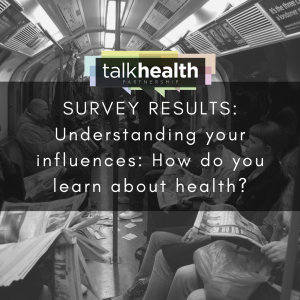Welcome to the allergy library!
This is where you can find a host of articles on everything allergy-related. All content has been written and researched by doctors, specialists, journalists or individuals from professional bodies. Settle down and start browsing!
Recent allergy articles
Samples
Find out about our latest samples available to help manage and treat your allergies.
Learn MoreLatest talk on the forums
-
Tea Tree Oil
amely195 on Sat Apr 20, 2024 11 -
Lifelong Eczema has FINALLY Cleared Up!
1810farmhouse@gmail.com on Mon Apr 15, 2024 4 -
essential oils and acne
MissCandyGirl on Thu Apr 11, 2024 12 -
How I cured my acne very quickly
paulwilfer on Sun Apr 7, 2024 10 -
protein supplements cause me to become allergic
smithwilfer80@gmail.com on Thu Apr 4, 2024 4 -
Feeling lonely with my illness - invitation to talk
smithwilfer80@gmail.com on Thu Apr 4, 2024 17








